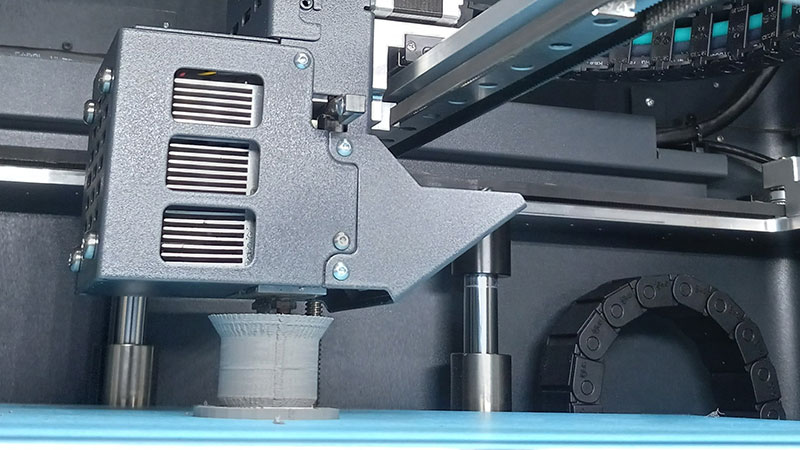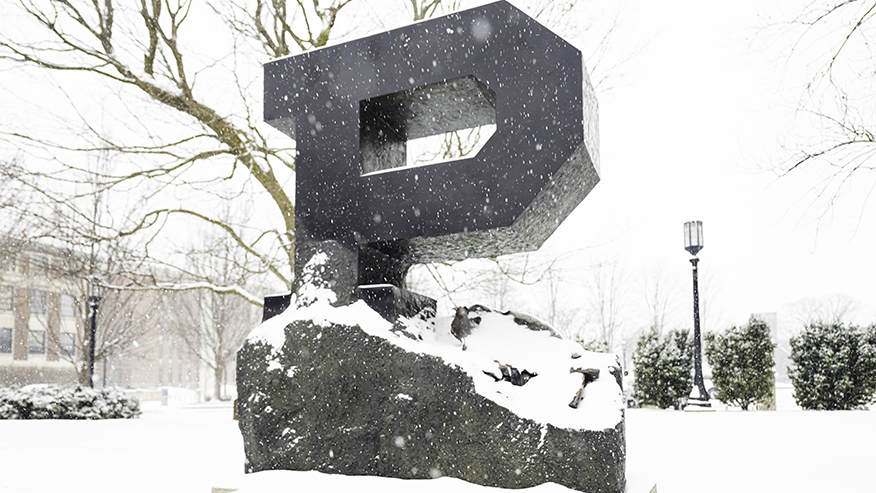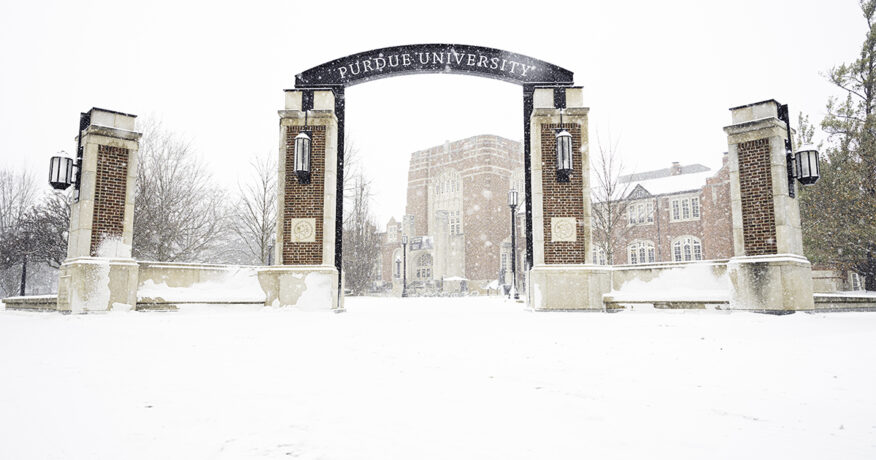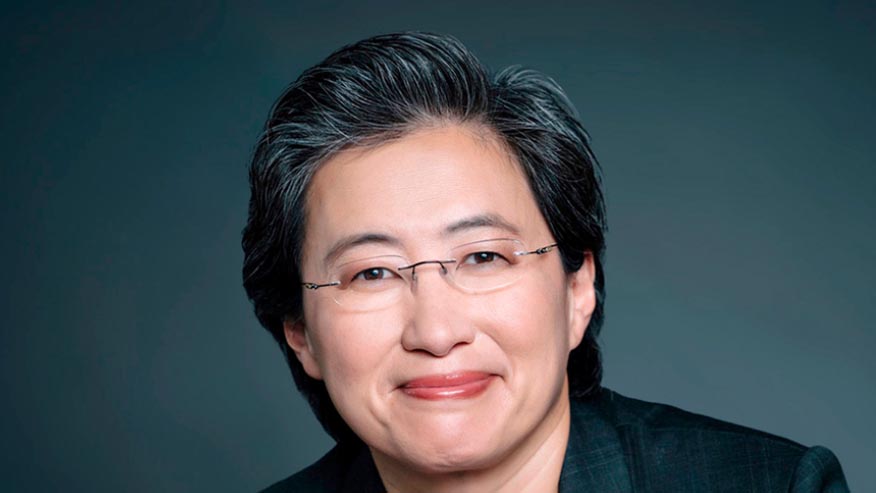Purdue-related startup Araqev creates quality-control software for additive manufacturing, 3D printing processes

A Markforged Metal X 3D printer creates a stainless-steel tool in Purdue University's Herbert C. Brown Laboratory of Chemistry. Araqev, a Purdue-connected startup company, has developed software to print products in only a few design iterations, leading to less scrap and less machining time. (Purdue Research Foundation photo/Steve Martin)
WEST LAFAYETTE, Ind. —
Aerospace, automotive, consumer products, medical devices, national defense and other sectors that use additive manufacturing and 3D printing technologies could benefit from quality-control software commercialized by Araqev, a Purdue University-related company.
Araqev’s software helps end users print products in only a few design iterations, leading to less scrap material and machining time, eliminating the frustrations with 3D printing, and improving satisfaction with the final printed products. Arman Sabbaghi, associate professor in Purdue’s Department of Statistics in the College of Science, is Araqev’s CEO and president.
“We estimate that the quality-control issue with additive manufacturing can lead to nearly $2 billion in global losses annually based on a model for the production costs of metal additive manufacturing systems that was developed by Baumers, Dickens, Tuck and Hague in their 2016 paper published in the peer-reviewed journal Technological Forecasting and Social Change,” Sabbaghi said.
To use Araqev’s software, customers upload their nominal design files and scanned point cloud data from their printed products.
“Our software uses these inputs to fit machine learning models that can simulate shape deviations for future printed products,” Sabbaghi said. “Furthermore, the machine learning models enable our software to derive modifications to the nominal designs, known as compensation plans, so that when the modified designs are printed, they will exhibit fewer shape deviations compared to the case when the original designs are printed.”
Araqev’s algorithms also enable the transfer of knowledge encoded via machine learning models across different materials, printers and shapes in an additive manufacturing system.
“This means that our software enables a comprehensive platform for a customer to improve quality for their entire system,” Sabbaghi said.
“The power and cost-effectiveness of our algorithms were most recently demonstrated via two validation experiments for the Markforged Metal X 3D printer involving 17-4 PH stainless steel products,” Sabbaghi said. “Our algorithms reduced shape inaccuracies by 30% to 60%, depending on the geometry in at most two iterations, with three training shapes and one or two test shapes for a specific geometry involved across the iterations.”
Araqev is establishing direct partnerships with 3D printing manufacturers and companies using 3D printers that Sabbaghi said will enable the company to scale quickly.
“We will establish licensing contracts after demonstrating to the companies the savings and benefits that we can offer for their processes,” Sabbaghi said. “These partners will incorporate our software into their systems and sell them to their customers, which provides us with a significant customer channel.”
Araqev licensed the software from the Purdue Research Foundation Office of Technology Commercialization. The research to create the software received funding from the NSF’s Cyber-Physical Systems program and CMMI EAGER program, and the Purdue Research Foundation Office of Technology Commercialization’s Trask Innovation Fund. Araqev received funds from Elevate Ventures’ Regional Pre-Seed Competition, Purdue’s Regional NSF I-Corps program, the MKE Tech Hub Coalition Challenge and the Purdue Foundry Boost program.
About Purdue Research Foundation Office of Technology Commercialization
The Purdue Research Foundation Office of Technology Commercialization operates one of the most comprehensive technology transfer programs among leading research universities in the U.S. Services provided by this office support the economic development initiatives of Purdue University and benefit the university’s academic activities through commercializing, licensing and protecting Purdue intellectual property. The office is housed in the Convergence Center for Innovation and Collaboration in the Discovery Park District at Purdue, adjacent to the Purdue campus. In fiscal year 2020, the office reported 148 deals finalized with 225 technologies signed, 408 disclosures received and 180 issued U.S. patents. The office is managed by the Purdue Research Foundation, which received the 2019 Innovation and Economic Prosperity Universities Award for Place from the Association of Public and Land-grant Universities. In 2020, IPWatchdog Institute ranked Purdue third nationally in startup creation and in the top 20 for patents. The Purdue Research Foundation is a private, nonprofit foundation created to advance the mission of Purdue University. Contact otcip@prf.org for more information.
About Purdue Foundry
The Purdue Foundry is an entrepreneurship and commercialization hub whose professionals help Purdue innovators create startups. The Purdue Foundry is managed by the Purdue Research Foundation, which received the 2019 Innovation and Economic Prosperity Universities Award for Place from the Association of Public and Land-grant Universities. Contact the Purdue Foundry at foundry@prf.org.
About Araqev
Araqev creates software solutions for closed-loop, smart control in additive manufacturing and 3D printing based on machine learning (ML). Araqev’s patented ML algorithms enable users to learn in fractions of a second how to print more accurately across new shapes and processes, resulting in less wasted scrap and machining time.
Writer: Steve Martin, sgmartin@prf.org
Source: Arman Sabbaghi, sabbaghi@araqev.com



